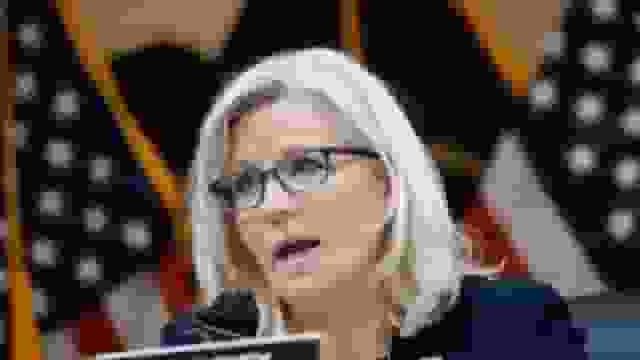According to a recently released, redacted memo from the Justice Department, former Attorney General Bill Barr disagreed with special counsel Robert Mueller’s assessment of the matter and came to the conclusion that then-President Donald Trump could not be charged with obstructing the Russia investigation because there wasn’t an underlying conspiracy between his campaign and Russia.
As part of a lawsuit about open documents connected to the Mueller probe, the nine-page memo was made available on Wednesday.
The letter had previously been made public in 2021, but it had been heavily redacted; now, a federal court has ordered the Justice Department to reveal the whole text.
“It would be unusual for federal prosecutors to bring an obstruction prosecution that did not itself arise out of a proceeding related to a separate crime,” then-top Justice Department officials Steven Engel and Ed O’Callaghan wrote in the document, which concludes with a formal recommendation against charging Trump. Barr signed and approved the report on March 24, 2019.
Presented to Barr in the memo is a legal analysis. In the public records case, two federal courts have determined that Barr didn’t truly rely on the memo for legal counsel, never seriously considered charging Trump, and had already made up his mind when he commissioned the memo and signed the memo after informing Congress of his decision.
A federal appeals court last week described the memo as a “thought experiment” or “academic exercise” designed to support the public release of Barr’s contentious decision not to prosecute Trump.
The court also ruled that the complete memo should be made public. A nonprofit that keeps an eye on the government, Citizens for Responsibility and Ethics in Washington, filed the case.

Exactly How Barr Displeased Mueller
In the document, Barr’s deputies criticized Mueller’s evaluation of pertinent obstruction cases and said that Trump shouldn’t be charged due to, among other things, the lack of “precedent” and the fact that Mueller couldn’t locate even one analogous case with “remotely similar circumstances.”
The improper actions were committed in each successful obstruction case mentioned in the (Mueller) Report, according to Barr’s staffers, to thwart the investigation and prosecution of a different crime.
While not a requirement for proving an obstruction accusation, the absence of underlying wrongdoing is pertinent and convincing evidence.
According to Mueller’s findings, there were several instances where Trump’s obstructive behaviour was clearly demonstrated.
However, Barr’s aides contended that Trump mainly “attempted to affect the process under which the Special Counsel inquiry moved” rather than “intentionally manipulate evidence,” which would have been more serious and potentially criminal.
Barr’s deputies specifically came to the conclusion that none of the episodes cited by Mueller included Trump breaking the law.
This includes Trump’s decision to fire James Comey as FBI director and his prior request that Comey take it easy during the criminal investigation into his former top advisor Michael Flynn.
A specific move in the Flynn investigation was not clearly directed by the President’s remark of “hope,” according to Barr’s deputies, and Comey did not behave at the time as though he had received a direct direction from the President, they said in the internal letter.
Read more:-
- Love is Blind Season 2: Who is the Bad Person in This Season?
- Four US Senators Have Visited Taiwan This Month
- After US Servicemen Were Injured by a Rocket, the US Bombs Syria
By instructing Trump’s White House counsel, Don McGahn, to draft a memo claiming that he never attempted to remove Mueller, the Barr aides indirectly supported the theory that Trump may have engaged in obstruction of justice.
Although Trump was probably aware that this was inaccurate, according to Barr’s staff, “there is insufficient evidence to determine beyond a reasonable doubt that the President tried to convince McGahn to lie.”
The Justice Department is currently looking into whether Trump may have obstructed justice once more, this time about a criminal investigation into whether he handled classified documents improperly that he brought to Mar-a-Lago from the White House.
This investigation is taking place as the unredacted version of the memo is being made public.


